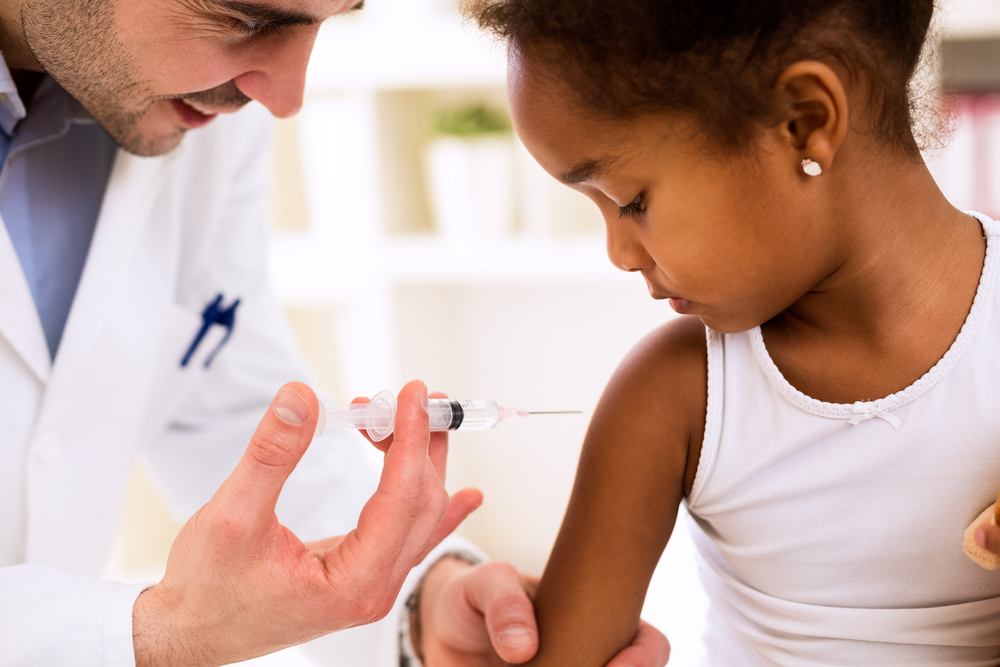Key Takeaways:
- The CDC recommends around 19 vaccinations for children by 2025.
- Vaccines protect kids from serious diseases and save lives.
- Shots are thoroughly tested for safety and effectiveness.
- Following the schedule helps keep communities healthy.
- Parents should talk to their pediatrician if they have questions.
Why Vaccines Matter
Getting vaccinated is one of the best ways to keep your kids safe from dangerous diseases. vaccines help their bodies learn how to fight off germs like measles, polio, and whooping cough. Thanks to vaccines, many deadly diseases are now rare in the U.S.
How Many Shots Do Kids Really Need?
By the time a child is grown, they’ll get about 19 different vaccinations. This might sound like a lot, but it’s spread out over many years. Most of these shots are given in early childhood, with some boosters needed as kids get older. The schedule is designed to protect children when they’re most vulnerable.
Are All These Shots Necessary?
Yes, every vaccine on the list is there for a reason. Some protect against diseases that can be deadly, like meningitis or tetanus. Others prevent illnesses that can cause long-term health problems, like hepatitis or HPV. Even if a disease is rare, vaccines help keep it that way.
How Do Vaccines Get Approved?
Before a vaccine is recommended, it goes through many years of testing. Scientists study thousands of people to make sure the vaccine works and is safe. The CDC and other health experts review all the data before adding a vaccine to the schedule. Once it’s approved, doctors and researchers keep watching for any side effects.
What About Side Effects?
Most vaccines have mild side effects, like soreness at the injection site or a low fever. These usually go away on their own after a day or two. Serious side effects are extremely rare. The risk of getting hurt by a vaccine is much lower than the risk of getting sick from the disease it prevents.
Why Do Kids Need So Many Shots?
The immune system needs time to learn how to fight different germs. That’s why multiple doses of some vaccines are needed. For example, the DTaP vaccine protects against diphtheria, tetanus, and pertussis. Kids get several doses to build strong immunity.
What Do Parents Need to Do?
Most importantly, follow the CDC’s schedule. Vaccines work best when given on time. If you miss a shot, your pediatrician can help you catch up. Don’t worry if your kid is scared of needles—there are ways to make the process easier, like using numbing cream or having a distraction.
Concerned Parents, Ask Questions
If you have questions about vaccines, your child’s doctor is the best person to talk to. They can explain why each vaccine is important and address any worries you might have. It’s okay to ask for information, and staying informed is a great way to be a good parent.
New Vaccines in 2025?
The CDC updates its recommendations every year based on the latest science. In 2025, there may be new vaccines added to the list, or changes to the schedule. These updates help keep kids protected against new threats.
Why Some Parents Worry
Some parents worry about the number of shots or whether vaccines are safe. But the evidence is clear: vaccines save lives. If you’re not sure, talk to your child’s doctor. They can help you understand the facts.
Vaccines Are a Team Effort
When most kids are vaccinated, it helps protect everyone in the community. This is called herd immunity. It’s especially important for people who can’t get vaccines because of medical reasons.
Myth-Busting: Common Vaccine Concerns
- Myth: Vaccines cause autism. Fact: Studies have shown no link between vaccines and autism.
- Myth: Vaccines have harmful ingredients. Fact: Vaccines are made from safe ingredients.
- Myth: If everyone else is vaccinated, I don’t need to vaccinate my kid. Fact: Immunization is a team effort. Everyone needs to do their part.
The Bottom Line
The CDC’s vaccine schedule is designed to keep your child safe and healthy. Vaccines are tested, proven, and recommended by doctors and scientists. If you have questions, ask your pediatrician. They’re there to help you make the best choices for your family.
By staying on track with vaccinations, you’re giving your child the best chance to grow up strong and healthy. It’s one of the most important things you can do as a parent.
